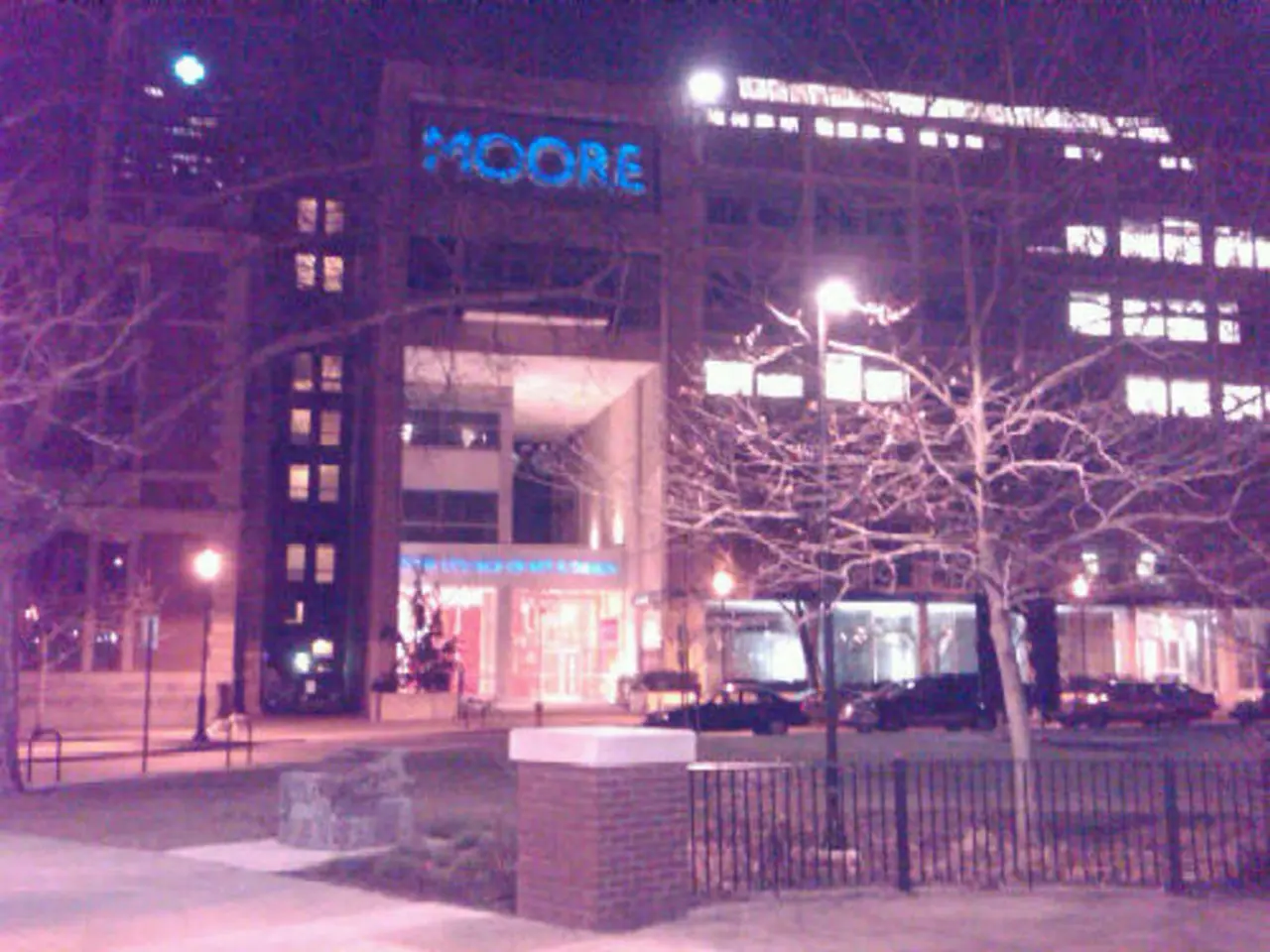Council housing in Bristol uncovered with significant shortcomings
Bristol City Council has acknowledged the challenges it faces in maintaining social housing standards, particularly in light of changing regulations and limited funding. The Regulator of Social Housing (RSH) published a report on the standards and management of social homes in four cities, including Bristol, which highlighted a significant backlog of repairs affecting around half of the city's social homes.
The RSH's report revealed over 16,000 overdue repairs in Bristol's social homes, a figure that was revised down to approximately 11,000 when accounting for multiple reports of the same issue. The report also found 3,000 overdue fire safety actions and more than 1,900 open damp and mould cases. Furthermore, the RSH's judgement stated that Bristol City Council cannot evidence that it is meeting carbon monoxide safety requirements for over 22,000 homes.
Cllr Tony Dyer, leader of Bristol City Council, has apologised to all council tenants and residents for the issues highlighted in the RSH report. He has promised to improve communication and provide further information, acknowledging that the news will likely cause concern for some residents.
Cllr Dyer has also looked outwards towards the government with an open hand, calling for collaboration to deliver decent homes for social tenants. The new strategy aims to drive improvements in social housing following various council property tragedies, including the case of Awaab Ishak.
Kate Dodsworth, chief of regulatory engagement at the RSH, emphasised that landlords must provide safe and decent homes for tenants, have an effective complaints process, and put things right when there are problems. The RSH's new approach to regulation requires landlords to ensure tenants are safe in their homes, listen to complaints, and know more about the condition of every home under their management and the needs of the individuals inhabiting them.
Bristol City Council has accepted the findings of the RSH's review and recognised the gaps in their arrangements. The council has committed to fixing the issues in the shortest possible time, and they are appealing to the new Labour government for additional funding to address the backlog of repairs, which they admit will take several years to resolve.
While there are UK-wide frameworks and government initiatives to improve building safety and infrastructure maintenance, including fire safety, no publicly available, specific plan targeting Bristol’s social housing backlog—including carbon monoxide safety concerns—was found in the search results. For detailed local plans for Bristol’s social housing, these may be obtained from Bristol City Council or its housing providers’ official communications.
The Bristol City Council is working towards addressing the housing concerns highlighted by the Regulator of Social Housing (RSH), acknowledging the need for policy-and-legislation changes in social housing regeneration, a matter that falls within the realm of politics. Cllr Dyer, the council leader, is advocating for collaboration with the government to implement a new strategy aimed at improving social housing, citing the need for additional funding to tackle the backlog of repairs and carbon monoxide safety issues. However, no specific national plan has been found that directly addresses Bristol's social housing backlog or carbon monoxide safety concerns.




